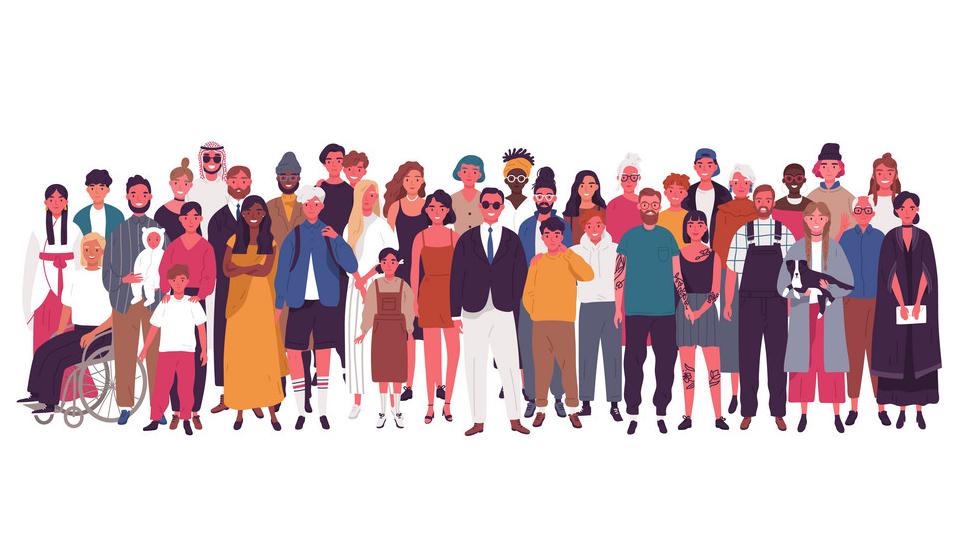第一章测试1.
The dialogues at the United Nations, for example, would be termed _________.
A:international communication B:interpersonal communication C:interracial communication D:interethnic communication
答案:A
2.
In China, if a Tibetan communicates with a Han, it is _____.
A:interracial communication B:international communication C:interethnic communication D:interpersonal communication
答案:C
3.
_____ is the socialization process you go through to adapt to your society.
A:Enculturation B:Deculturation C:Acculturation D:Assimilation
答案:A
4.
Many of the same proverbs appear throughout the world, because all people, regardless of their culture, share common____.
A:experiences B:stories C:languages D:arts
答案:A
5.
In the popular cultural iceberg metaphor, you can only see about 10-15% above the surface, most part of the iceberg is under the water, which is a bit of a mystery. Which of the following do you think are above the water?
A:clothing B:food C:architecture D:music
答案:ABCD
6.
Six reasons of why study intercultural communication were mentioned,please try pick the ones mentioned in the following.
A:technology B:imperative C:self-awareness
D:demographic changes
答案:ABCD
7.
Culture can be categorized as either material or nonmaterial culture.
A:对 B:错
答案:A
8.
Culture is that complex whole which includes knowledge,belief,arts,morals,law,custom and any other capabilities and habits acquired by man as a member of society.
A:对 B:错
答案:A
9.
It is reasonable that we use what's below our surface to try to understand what's above somebody else’s.
A:错 B:对
答案:A
10.
"Dig the well before you are thirsty" is a Chinese proverb meaning "吃水不忘挖井人”。
A:错 B:对
答案:A

